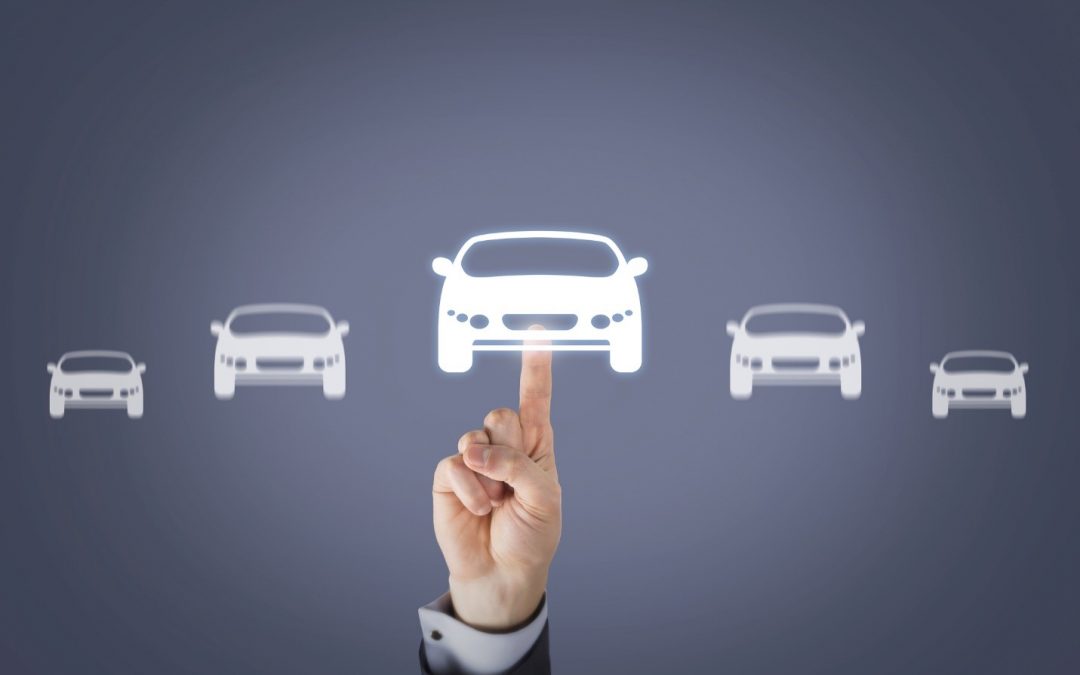Your auto insurance payments may seem like a chore, but they can pay you back many times over. Car repairs are costly, and an accident may take you away from work and lead to lost earnings.
Auto insurance is an essential purchase for every vehicle owner. Besides being required by law in most states, it protects in three major areas. It can protect your vehicle against theft or damage, and it provides coverage if you are liable for damage to another person or their vehicle. Your auto insurance will also aid you with the cost of any related medical expenses.
Car insurance can be a multi-layered thing. You can leave yourself open to any little hole in the road unless you’re informed as to the main aspects of coverage.
Auto insurance or the lack of it – the costs in dollars, time, and lives
The cost of your auto insurance can vary from state to state. For example, insurance watchdog Value Penguin places Michigan annual rates at $2,551 with Ohio at only $926. Regardless of the price of premiums, it’s an investment you should make, a fact supported by information from The Association for Safe International Road Travel:
- Road crashes cost $65 billion every year
- Almost 1.3 million people die in road crashes each year
- 20-50 million people are injured or disabled each year
The premium costs above do vary, and the individual circumstances of a driver (and the type of vehicle they own) can influence the cost greatly. There are states in which auto insurance is not mandatory, namely New Hampshire.
As financially preferable as this may sound, uninsured drivers can still be held responsible for hundreds of thousands of dollars in damages and liability. In states where auto insurance is required, you can be fined heavily or lose your license if you’re found to be driving without it.
Who is covered by auto insurance?
In most states, the owner of the vehicle is of course protected, as are any family members who may drive it. Protected parties are not limited to the family; any driver who has a vehicle owner’s permission to drive the vehicle is protected.
It’s important to note that if you’re using your vehicle for commercial purposes, your personal auto insurance won’t provide any protection. Commercial auto insurance is what you will need for employees who drive vehicles that are owned, leased, or rented by a business.
If you’re covered but get into an accident with a driver who is not, some additions can be made to your standard auto insurance policy. Uninsured Motorists Insurance provides funds for medical bills and lost wages if you, or your passengers, are hit by an uninsured driver.
Uninsured Motorist Property Damage is another separate element which protects your vehicle and property from damage by uninsured parties. Lastly, Underinsured Motorist Insurance will help pay the remainder for damages if the party at fault’s coverage limits won’t cover it.
Further insurance definitions
Comprehensive coverage offers protection against a wide range of hazards from lower level impacts like birds or animals up to fire, earthquake, flood, or even missiles. Medical payments or personal injury protection (PIP) offers the foresight of protecting you against not only lost wages but the cost of replacing essential services after an accident such as not being able to carry out your housework.
For a newly financed or leased vehicle, depreciation in your vehicle’s cash value may lead you to consider gap insurance. If you get into an accident, your standard auto policy will pay out based on what your vehicle is currently estimated as being worth.
Gap insurance will cover the depreciation difference. It’s a good idea to consider adding this to your auto policy as the extra cost is usually very low. It may also work well if you are leasing or financing your vehicle over several years.
Once you have your auto insurance, review it regularly
Having the right insurance in place is only the beginning. There are dynamic, ongoing factors in both your life and that of your vehicle which you must consider. Each one can bring a change to your insurance plan:
- When renewal time arrives for your policy, shop around. A review of all your available options could save you money, or even sway your existing provider to offer a more competitive deal.
- If your address changes, it can affect your yearly mileage. Being closer to or farther from work could mean you’re above or below the average number of miles driven per year. Less than the average may see you pay less.
- Sharing a home with a significant other may allow you to combine your auto insurance policies.
- The crime and natural disaster rating of where you live can also impact premiums.
- Keep an eye on your credit score; an insurer can look at your credit history and decide whether to lower or raise your premiums.
Another good time to review your insurance is if you change the type of vehicle you drive. Some vehicles are more insurance-friendly than others (such as family vehicles). Sportier models will see you paying more for your premiums.
Your auto insurance needs will be as unique as you are. We recommend some quality time with an experienced insurer to find the right fit.
At NICRIS, we’re dedicated to the best service in personal, life, and commercial insurance. Your individual circumstances are unique and so are the kinds of coverage and preventative solutions that will help keep you safe. To reach us, call (516) 544-0006 or visit our contact page.

